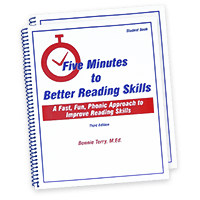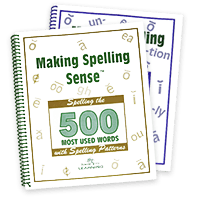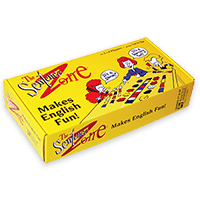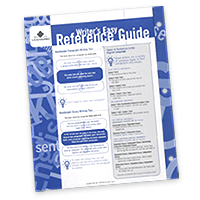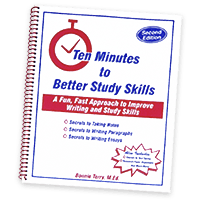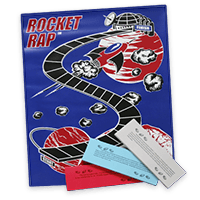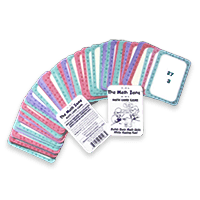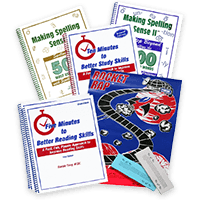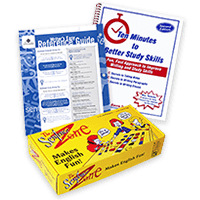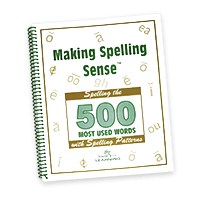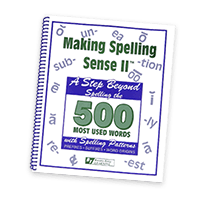Brain-Based Learning: Auditory Processing Activities
March 12th, 2019Auditory Processing Disorder? Auditory Processing Problems?
Auditory processing is one of the three ways we learn. We learn by hearing (auditory processing), seeing (visual processing), and doing (tactile/kinesthetic processing). That being said, APD – an auditory processing disorder was found to be present in a staggering 43.3% of those that struggle with learning (2009 The National Center for Biotechnology Information).
The following behaviors may signify that your child has difficulties with auditory processing:
- Difficulty hearing in background noise
- Difficulty following directions
- Poor listening skills
- Academic difficulties
- Poor auditory association skills
- Distractibility
- Inattentiveness
So, what can we do to improve those auditory processing skills? Here are three activities that do just that.
Brain-Based Auditory Processing Activity 1: Finding Sounds
Do this activity in your yard or out in nature. In fact, you might do it both places and compare the differences. With your eyes closed for a few minutes, sit or stand as quietly as possible and listen to the sounds around you.
- Can you hear the wind?
- The rustling leaves of the tree?
- Any birds or bugs?
- Listen to a seashell.
- what does it sound like to you?
- How many different sounds do you hear?
- Make a list of them.
- Can you imitate any of the sounds you hear?
Brain-Based Auditory Processing Activity 2: Paper Bag Puppets
Make paper-bag puppets & put on a puppet show Make them characters from your favorite nursery rhyme or book. Use lunch-size bags, crayons, markers, buttons, yarn, & glue.
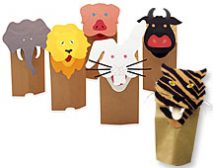
Brain-Based Auditory Processing Activity 3: Paper Bag Skits
Place 5 – 6 different objects in a bag and then have the kids make up a skit using each of the items in it. e.g.: hat, ball, clip, envelope, toy, etc.
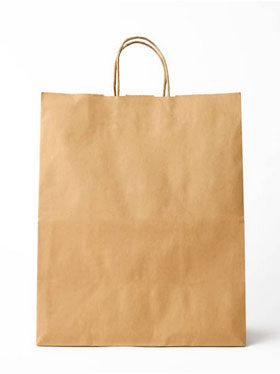
Bonus: How do you make it easier to discriminate between sounds?
Some kids have trouble with spelling or sounding out words. You can make a device out of PVC pipe for the child to more easily hear what he or she speaks. It is also helpful for those with CAPD, and auditory processing difficulties, learning disabilities, dyslexia, or speech problems. Watch the video below for instructions.
Coming Soon: Summer Reading Program 2019
Woohoo! Summer is almost here! Our Summer Reading Program last year was a huge success and we cannot wait for it to kick off this summer. The program will include phonics and phonemic awareness, reading fluency, spelling, comprehension, vocabulary, executive function, and brain-body connection activities. We are fine-tuning the program to make it even better this year. Did you enroll last year? Send us a note with what you would like to see again. Stay tuned for updates in the coming weeks.

Bonnie Terry, M. Ed., BCET is internationally recognized as America’s Leading Learning Specialist. She is an award-winning author, learning disability specialist, and board-certified educational therapist.
Bonnie is the best-selling author of Five Minutes to Better Reading Skills, Ten Minutes to Better Writing and Study Skills, and The Sentence Zone Game.











